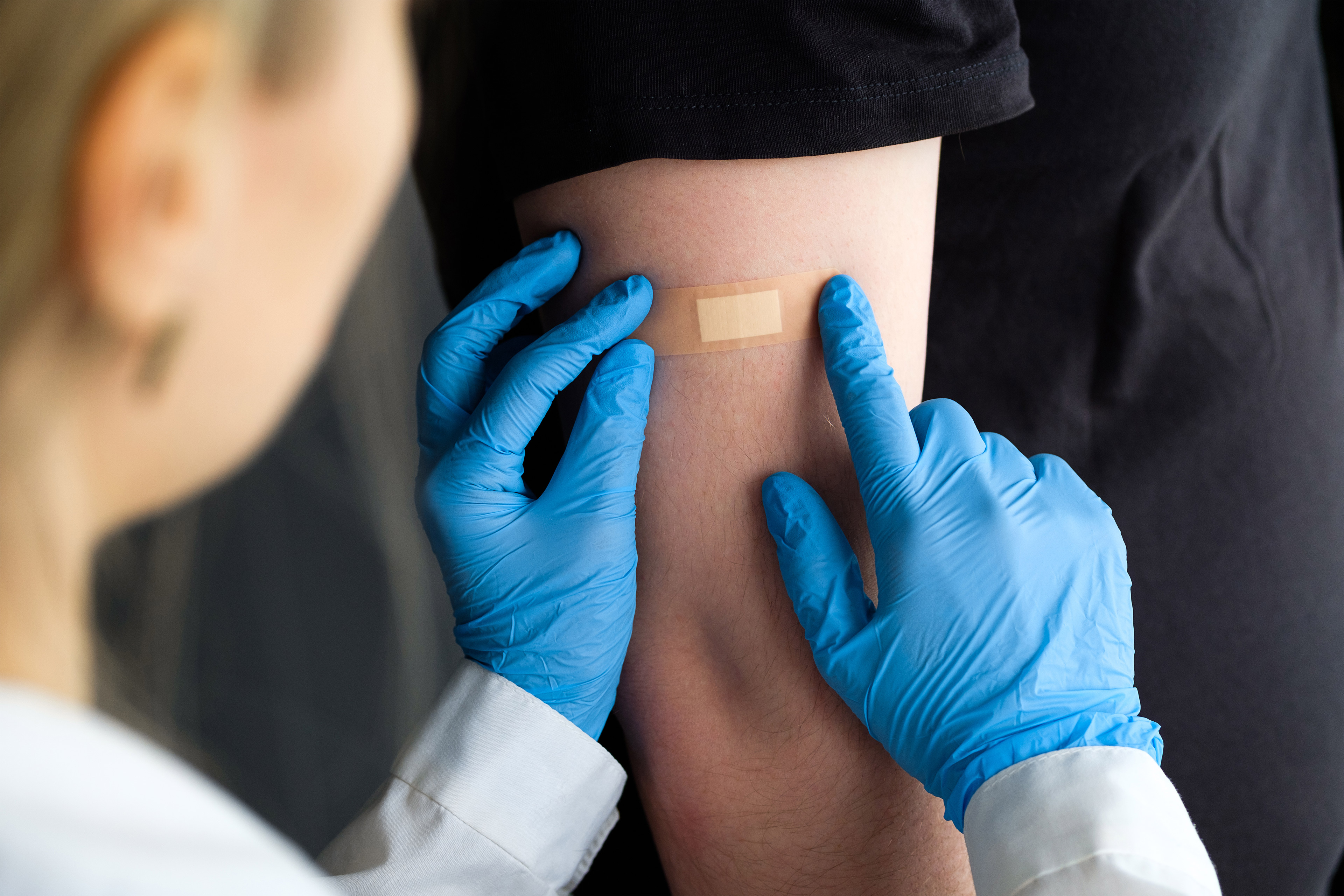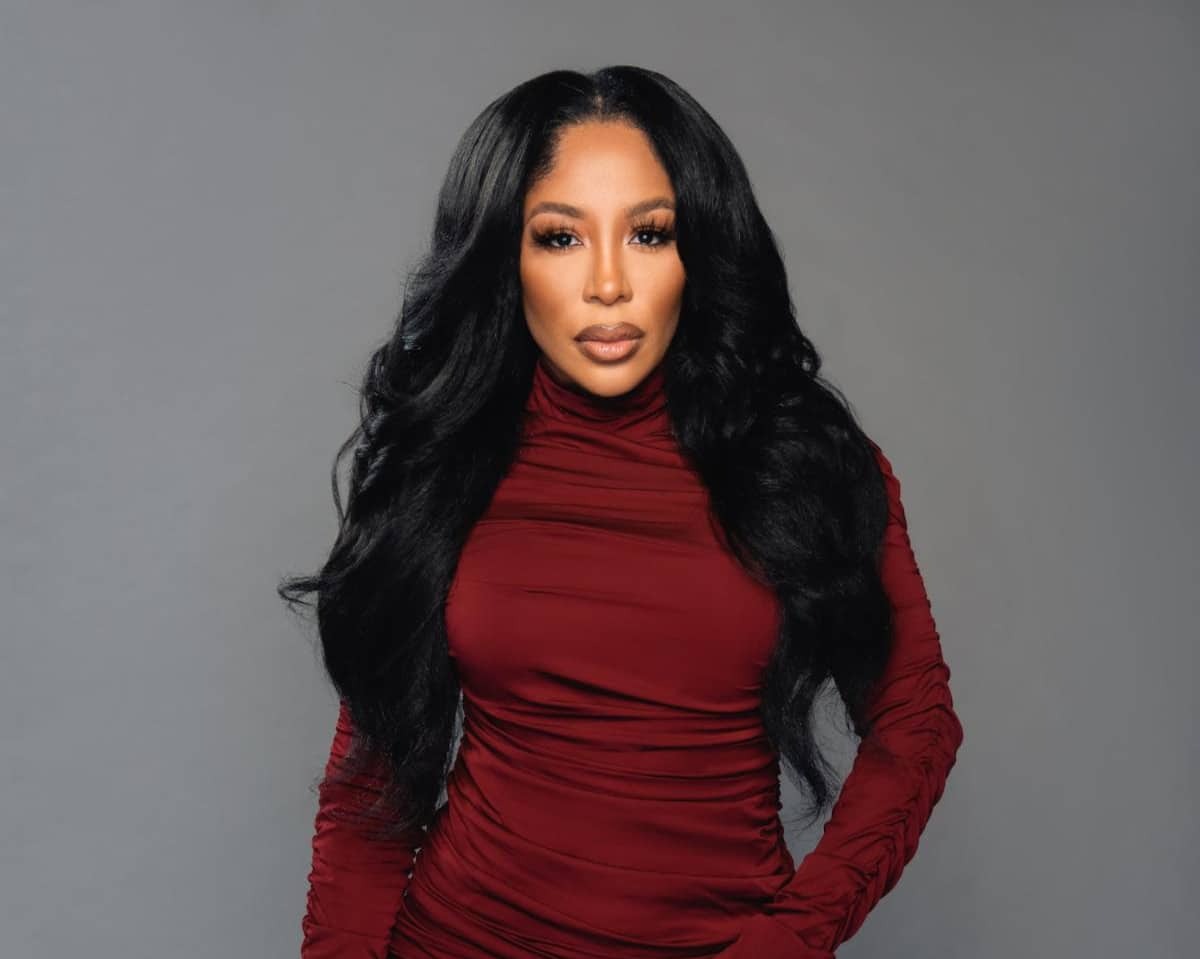The Real Housewives of Potomac’s Karen Huger was released from prison early Tuesday, September 3rd. The reality show star served six months of her one-year sentence for a DUI charge. Her legal struggles represent the severe consequences faced by Black women who are dealing with alcohol abuse.
Engaging in drinking and driving is a sign of “problem drinking,” something that can deeply harm Black women’s physical health due to its adverse side effects.
You Can Have A Problem With Drinking Without Having A Drinking Problem
Being a person who identifies as an alcoholic and being a person grappling with problem drinking or alcohol abuse are not synonymous. Huger, for example, said plainly, “I’m not an alcoholic, let’s be clear,” during a clip that aired during the reunion episode of The Real Housewives of Potomac.
Huger chose to enroll in a Florida treatment center before her sentencing; the show did not specify the type of treatment center. She cited a desire to “get to the bottom” of “taking antidepressants and drinking” as her reasoning for taking that action.
The National Institute on Alcohol Abuse and Alcoholism reports that “Combining alcohol with certain medications, particularly those with sedative effects, can increase the risk of adverse events.”
RHOP’s Grand Dame is not the only Black woman in the public eye with challenges connected to alcohol. Ari Lennox has shared that she is sober. Paula Patton credited alcohol with introducing and festering a level of “chaos” in her life. Naomi Campbell has been open about her commitment to staying sober.
What Is Alcohol Abuse?
According to a 2024 report from the U.S. Centers for Disease Control (CDC), alcohol abuse is rising among women in the United States. There has been a rise in alcohol related deaths in the past seven years, including traffic accidents. Traditionally, men have had higher rates of alcohol abuse, but women are increasing their usage.
Alcohol abuse is the continued use of alcohol with negative consequences. If your health, finances, or social life is hurt by alcohol use, then you might be abusing it. Excessive drinking can lead to Alcohol Use Disorder (AUD), a serious issue. This is not a one-size-fits-all problem. “Unhealthy alcohol use ranges from mild to severe,” per the Mayo Clinic. The ranges of AUD include categories like problem drinking, binge drinking, and excessive drinking. Each can cause problems in its own way.
The threshold for meeting alcohol abuse is not as apparent as that of substance abuse, which includes illegal drugs. Alcohol is a social drug that gets glorified. It disappears into wine mom culture and cocktail mixers. “Drinking is more subtle. So, it makes it harder for you to identify and recognize that difference,” Sober Black Girls Club co-founder told ESSENCE in 2023. But alcohol is still a drug with serious side effects. Some people are engaging in sober curious behavior to evaluate the role of alcohol in their lives.
How Does Alcohol Abuse Impact Black Women?
Physical effects of alcohol abuse can take a higher toll on Black women. It causes inflammation, weakens the immune system, and hurts the liver. Some of the more serious physical effects include a higher risk of certain cancers. Studies have found that women are more sensitive to alcohol related brain damage than men.
Women compared to men suffer a greater number and severity of health consequences attributed to AUD,” and “The burden of adverse health attributed to Alcohol Use Disorders (AUD) is higher among Black compared to White women,” per the Journal of Biodemography and Social Biology.
“African American women experience high prevalence of alcohol-related consequences,” and “are disproportionately affected by negative alcohol-related outcomes,” according to the Journal of Ethnicity in Substance Abuse.
Alcohol consumption has been identified as a risk factor for breast cancer, as well. This is particularly troubling for Black women, who have a higher breast cancer mortality rate.
What Are The Alcohol Abuse Risk Factors?
Prolonged stress and childhood trauma can increase one’s chances of developing alcohol use disorder. Risk factors for alcohol abuse can include genetic factors, too. In some studies, parental alcohol use can predict the alcohol use of children.
Age is a risk factor. Young people are at the highest risk from 18 to 21, but seniors are facing challenges they didn’t face recently. “Heavy drinking and AUD are least common among adults aged 65 and older compared to other age groups, but rates have been increasing,” according to the Journal of Neuroscience & Biobehavioral Reviews.
Can Generational Trauma Factor Into Alcohol Abuse?
When Huger was arrested, body cam footage was recorded that featured her stating that she was Thomas Jefferson’s concubine. That may have been a coded reference to racial trauma. “The relationships between trauma and SUDs can be more pronounced in minoritized women, such as Black and Indigenous women, who must also navigate societal oppression and discrimination due to race/ethnicity and sex/gender,” according to the Journal of Substance Use and Addiction Treatment.
What Treatment Options Are Available For Alcohol Abuse?
There are a variety of treatments available for alcohol abuse, including therapy. Inpatient treatment options, like the type of facility Huger checked into, and outpatient treatment options have been proven effective.
Medications are on the market to aid in the treatment of alcohol use disorder as well.
Resources
Social vs Problem Drinking Defined
Alcohol-Medication Interactions
Deaths From Excessive Alcohol Use
Journal of Neuroscience and Biobehavioral Science



















 English (US) ·
English (US) ·